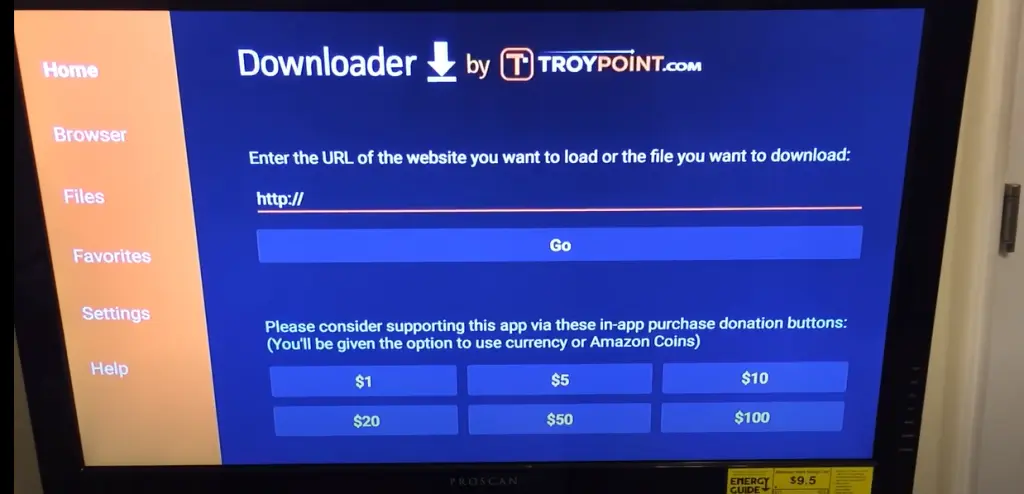Why Your IPTV Keeps Buffering (And How to Fix It!)
IPTV (Internet Protocol Television) promises a world of entertainment at your fingertips, but the dreaded buffering wheel can quickly turn your streaming dreams into a frustrating nightmare. If you’re constantly asking yourself, “Why is my IPTV always buffering?” you’re not alone. Thankfully, this isn’t an unsolvable mystery. Let’s dive into the common causes of IPTV buffering and arm you with the knowledge to fix it for good.
What is Buffering?
Before we troubleshoot, let’s quickly define buffering. Essentially, it’s the pause that happens when your IPTV player tries to download enough data to keep the video playing smoothly. When there’s not enough data in the buffer, your stream will pause to catch up. Annoying, right?
The Usual Suspects: Common Causes of Buffering
-
Insufficient Internet Speed: The most frequent culprit is a slow or unstable internet connection. IPTV requires a minimum download speed to function properly. If your internet speed falls below this threshold, buffering becomes inevitable.
-
Network Congestion: Even with a fast connection, buffering can occur during peak usage times when many people are using the same network. This can clog the bandwidth pipeline, causing slowdowns.
-
ISP Throttling: Some internet service providers intentionally slow down streaming services like IPTV to conserve bandwidth. This can result in constant buffering, especially during peak hours.
-
Server Issues: Sometimes, the problem isn’t on your end. The IPTV provider’s servers might be overloaded or experiencing technical difficulties, leading to buffering for all users.
-
Device Limitations: Your streaming device might not be powerful enough to handle the demands of high-quality IPTV streams. Older or less powerful devices are more prone to buffering.
-
Outdated Software: Make sure both your IPTV app and the device’s firmware are up-to-date. Older versions can have bugs that contribute to buffering.
Your Buffering Buster Toolkit: Solutions to Try
-
Check Your Internet Speed: Use an online speed test to determine your current download and upload speeds. Compare this to the minimum requirements for your IPTV service. If your speeds are insufficient, consider upgrading your internet plan.
-
Optimize Your Network:
- Reduce Network Traffic: Limit other devices from downloading or streaming while you’re watching IPTV.
- Use a Wired Connection: If possible, connect your streaming device directly to your router with an Ethernet cable for a more stable connection.
- Upgrade Your Router: If you have an older router, upgrading to a newer model with better bandwidth management might improve your IPTV experience.
-
Bypass ISP Throttling:
- Use a VPN: A virtual private network (VPN) can mask your traffic, preventing your ISP from identifying and throttling your IPTV streams.
- Switch DNS Servers: Changing your DNS servers to ones optimized for streaming can sometimes help.
-
Choose a Reliable IPTV Provider: Do your research and select a provider known for its stable servers and high-quality streams. Check online reviews and forums for recommendations.
-
Upgrade Your Device: If you’re using an older or less powerful device, consider investing in a newer model designed for streaming.
-
Update Your Software: Make sure your IPTV app and device firmware are up-to-date. Manufacturers often release updates that address performance issues.
Bonus Tips:
- Adjust Buffer Settings: Some IPTV apps allow you to adjust the buffer size. Experiment with increasing the buffer to see if it reduces buffering frequency.
- Lower Video Quality: If you’re still having trouble, try lowering the video quality in your IPTV settings. This will require less bandwidth and might alleviate buffering.
Say Goodbye to Buffering
While IPTV buffering can be frustrating, it’s usually solvable. By understanding the causes and implementing these solutions, you can enjoy smooth, uninterrupted streaming of your favorite content.
Get your subscription today: bestiptvshop.uk


